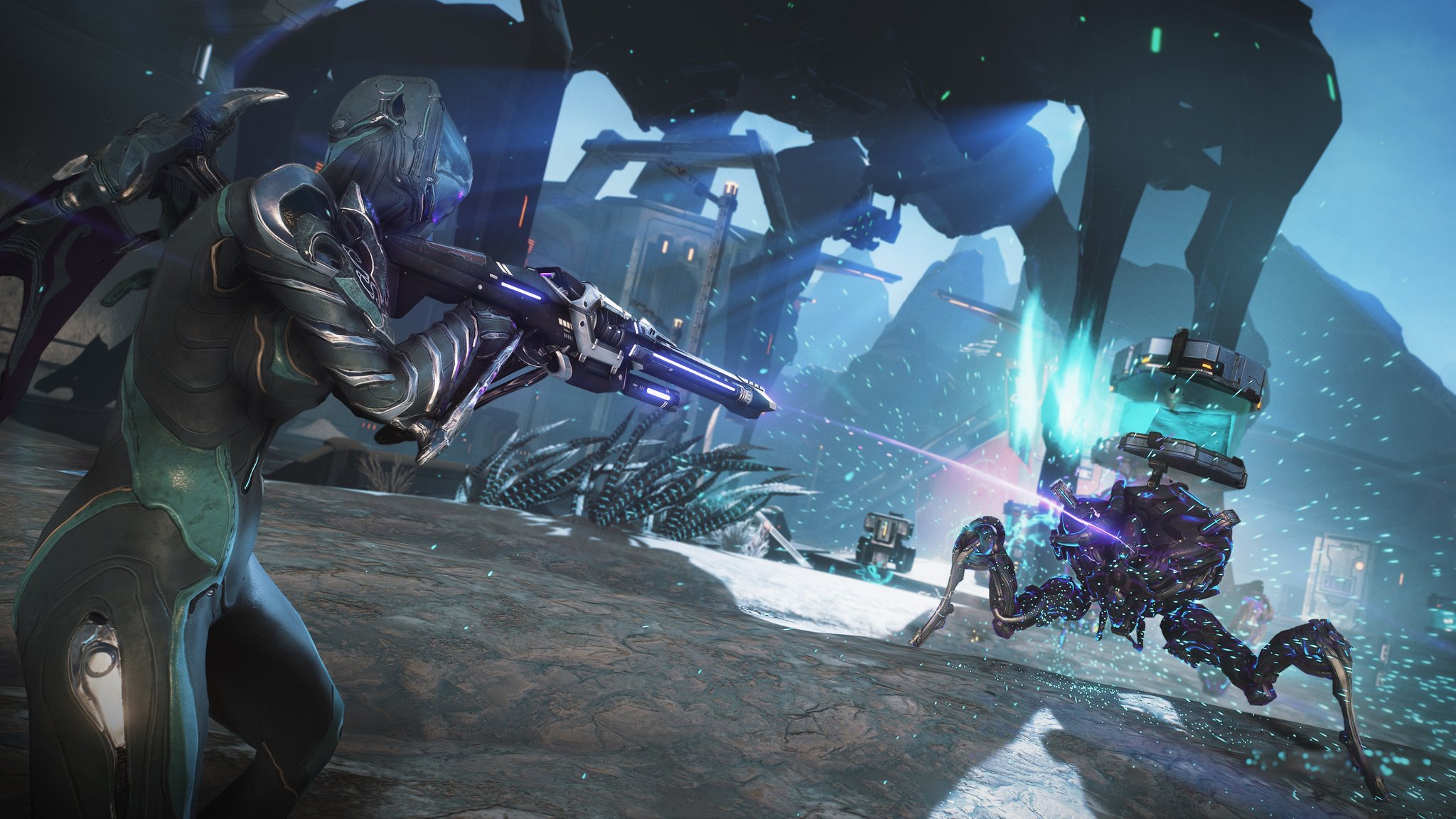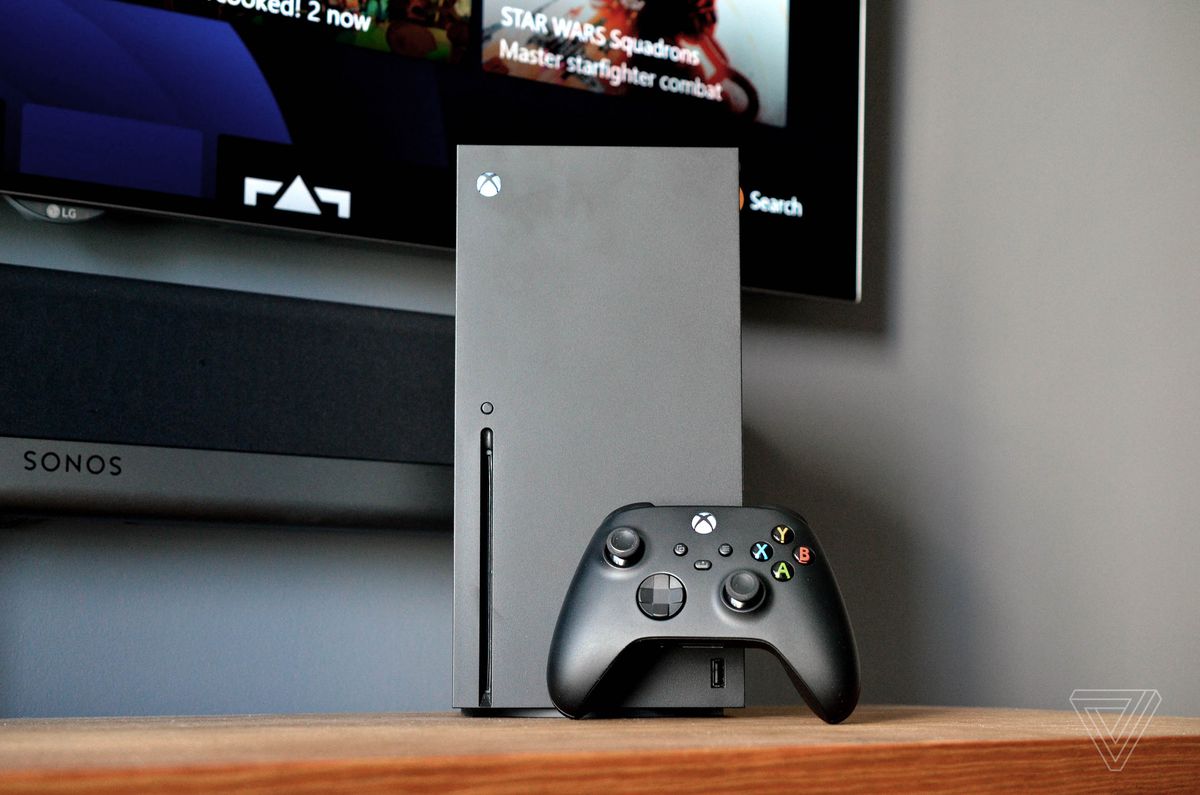It Was Only meant to be an expansion pack. Hard to believe, given that Unreal Tournament was to challenge Quake as the king of multiplayer shooters in one brutal and unexpected assault. Perhaps the greatest irony in this tale of UTs meteoric rise and world-shaking success is that, had it not been for its more illustrious id Software-created predecessors, Unreal Tournament may never have even existed. Rarely, if ever, can there have been a clearer example of the student becoming the master than in the shockingly short ten-month cycle it took to transform a bot-based add-on pack into a game which would shake the very foundations of the still burgeoning online first-person shooting genre.
Shot Idol
The new Unreal Tournament is free and fun, but still primitive. I spawn into chaos. I’m immediately blessed by the wrathful deathmatch gods: at my feet lies an Enforcer pistol, its former owner. Created by Epic Games in 1999, the first Unreal Tournament game was a sequel to 1998's Unreal, a first-person shooter that showcased the capabilities of the Unreal Engine. The original Unreal game was a sci-fi first-person action, shooter similar to titles like Quake and Doom. The closest thing I've played something like Unreal Tournament is the 2000 version of Counter-Strike, so UT3 presents a lot of wow factors in my point of view. Counter-Strike simulates a real.
For years, the guys and gals at Epic and Digital Extremes had cast envious yet respectful gazes up at their id idols, hoping to one day emulate the legendary developer's success. They got off to a solid enough start with 1998's visually impressive single-player FPS Unreal, which shipped with a handful of (as it turned out, unusable) multiplayer options. 'When Unreal shipped it had broken network play, so we decided we needed to make an add-on pack that had good multiplayer. We started working on one with Digital Extremes and called it The Bot Pack' explains Cliff Bleszinski, co-designer and lead level designer on the game. Then one day, Mark Rein (CEO of Epic) sat us down and said that he thought it should be its own product, at which point we renamed it Unreal Tournament.'
Epic's idea was simple; make a great multiplayer game in collaboration with Canadian development team Digital Extremes, full of different game modes, levels, mutators, weapons and some smart Al. and unleash it on the market as a new franchise.
Of course, one massive obstacle stood in the team's way - the feverishly anticipated multiplayer titan. Quake III: Arena, which by a twist of fate was set to ship almost simultaneously with Unreal Tournament. The scene was set for perhaps the biggest face-off in PC shooter history, a battle of David vs Goliath proportions that would see the gaming public's loyalties divided like never before.
A lot of people didn't even have UT on their radar, recalls James Schmalz, Unreal Tournament's co-designer and weapons designer. A lot of people were looking forward to Quake III, and most had dismissed Unreal Tournament as we'd onginally announced it as an add-on pack. I think that all changed when the demo came out. People saw the cool stuff that we were doing with it and it really brought a lot of fans onboard and got a lot of people excited about the project. As for the rivalry, we just hoped enough people would like UT.'
Raleigh Together
Unlike the majority of game development projects. Dosdude catalina patcher. UT was to prove one of the smoothest projects that either Digital Extremes, (responsible mainly for the artistic side of development), or Epic (who provided the engine, Al and level design) had ever worked on. It was one of the smoothest developments we ever had, remembers Schmalz, of Digital Extremes' dealings with the project.
However, things weren't quite so straightforward for the Epic team. To be honest, the development of Unreal Tournament was immensely easy, but only once we'd sorted out our new offices, recalls Cliff Bleszinski. 'Unreal Tournament was developed during the whole transition when Epic was moving from Canada to Raleigh, North Carolina. So we had to develop the game amid this immensely bizarre situation where we were relocating 15 people and trying to find them houses.
Rise Of The Bots
Enter Steve Polge, the man whose input would ultimately not only bring stability to the Epic team, but more importantly, set Unreal Tournament apart as unarguably the most lifelike shooter of its generation. Steve spent a long time figuring out how to get office space for us in Raleigh and finding everyone houses, instead of working on the Al. But he got around to doing it eventually, and it was amazing, recalls Cliff.
Given the short timespan and the constant distractions of relocating a 15-man team, it's perhaps even more impressive that Polge managed to create bots that could barely be distinguished from human players. Steve Polge had written the original bots for Quake says Bleszinski. He took the work that he'd done there and applied it to Unreal Tournament. Our goal was always to make bots that would play like real people. It's easy to make bots that can kick your ass, but it's hard to make Al that's entertaining and interesting. We did put a lot of tweaking into the levels. We had constant passes where we'd follow the bots around the levels to make sure that they picked up all of the items. Ultimately, Steve wound up making very, very compelling artificial intelligence opponents.' Not bad for a man who'd spent much of the early part of his career working with distributed networking at IBM.


Seconds Out, Round One
The millennium was coming to a close and the stage was set for the multiplayer shooter face-off of the century. Unreal Tournament shipped first - but only just - storming to the top of the PC gaming charts and enthralling gamers the world over with its eclectic mix of frenetic deathmatching and bright, ingeniously-designed levels. Critics were united in their praise, hailing it as one of the highlights of 20th century online FPS gaming. It was a triumph that neither Epic, nor Digital Extremes had been expecting. I think both us and Epic were surprised,' explains James Schmalz. We worked very hard on the game and were hoping for the best, but we were surprised by how well received it was.'
A little over a month later. Quake III showed up, its stunningly energetic deathmatch-based gameplay racking up equal amounts of praise and almost identical sales figures to its less fashionable rival. From this point onwards, the balance of power would start to be more evenly distributed between the two huge franchises.
Dead Heat
In truth, the difference in quality between UT and Quake III was negligible. In most cases, preference came down to each gamer's personal likes and dislikes rather than any real brand superiority. UT undoubtedly shipped with a more diverse selection of gaming modes and multiple mutators, but for many, Quake Ill's reflexheavy gameplay was the ultimate deathmatch experience.
It was a Coke versus Pepsi situation,' says Bleszinski of the rivalry between the two games, one that he personally believes Unreal Tournament won. This is what the heart of capitalism and American consumerism is all about. If you don't have a choice you may as well be living in Soviet Russia. I think we may have capped out with slightly higher review scores and shifted more units. It was great to win that round, especially as id had already had the Doom and Quake games, which were all immense multimillion-selling titles. So for us to have this one victory was immense. I'd personally grown up respecting id and wanting to make games like they made, so it was immensely satisfying.'
In Perspective
Games Like Unreal Tournament Ps4
Despite their love of their own product, Schmalz and Bleszinski are ready to accept that Quake III: Arena had more than its fair share of merits, in some areas even having the upper hand over Unreal Tournament. I thought that Quake Ill's graphics were really impressive, and the game was really polished,' says Schmalz. I think we had more game types and more variety of gameplay than Quake III, continues Bleszinski, but Quake III had a certain tangibility to its physics and the way the characters were built, which a lot of Quake fans still believe was far superior to Unreal Tournament
Suddenly, the multiplayer shooter genre sprang to life, with the likes of Counter-Strike and Battlefield 1942 the highlights of a rampant spate of multiplayer gaming projects inspired by the success of UT and of course, Quake III. I think UT sped up the creation of other games by expanding the popularity of the genre, says Schmalz. 'When you have a larger fanbase, then other developers and publishers feel they can spend more money on developing those kinds of games.'
Driving On
Games Like Unreal Tournament 3
But Epic didn't just sit back and watch those other developers close the gap, instead launching itself almost immediately into the development of a successor, Unreal Tournament 2003 (the title began development at Digital Extremes before being handed over to Epic), which utilised the company's stunning new Unreal Engine 2 to power its even more frenetic gameplay.Ironically, the game contained far more similarities to Quake III than its predecessor, most notably with its rail gun-esque sniper rifle and faster, twitchy, trigger-happy gameplay. UT2003 was also to dispense with one of the most popular gaming modes, Assault, an omission that Bleszinski regrets to this day. We didn't put Assault into UT2003 because of the really steep curve of learning the new technology, and the amount of time it took to make the art assets. The problem with Assault maps is that they require a tremendous amount of custom content and code, which is loads of work, so we decided that we had to back off from Assault, which in hindsight was stupid. When we did UT2004, we decided that Assault had to come back and it had to kick ass.'
Games Like Unreal Tournament
Another Round
And kick bottom it did. The development of Unreal Tournament 2004 -in which Digital Extremes designed little more than a handful of maps for the game - once again blew the world of online FPS gaming wide open by introducing vehicular combat to the UT universe and the stunning new territory-based gaming mode. Onslaught. And with the triumphant return of the revamped Assault mode, UT2004 swept much of the opposition before it, with only the hugely anticipated Battlefield 2 and Quake IV seemingly posing any kind of serious threat to its crown these days.
But that's not to discount the challenge to UT2004's dominance by Epic itself, with the team now feverishly working on a number of PC and nextgeneration console projects for its aweinspiring Unreal Engine 3.0 - including a new Unreal Tournament. Android emulator mac os catalina.
If Epic continues to generate titles as pioneering and entertaining as the previous three Unreal Tournament games, then it could be set to become one of the most dominant multiplayer FPS developers of all time. And to think it all started with a project that was intended to be little more than a multiplayer stopgap. Surely, when it comes to achieving so much in so little time, it doesn't get much more impressive than the story of the original Unreal Tournament.